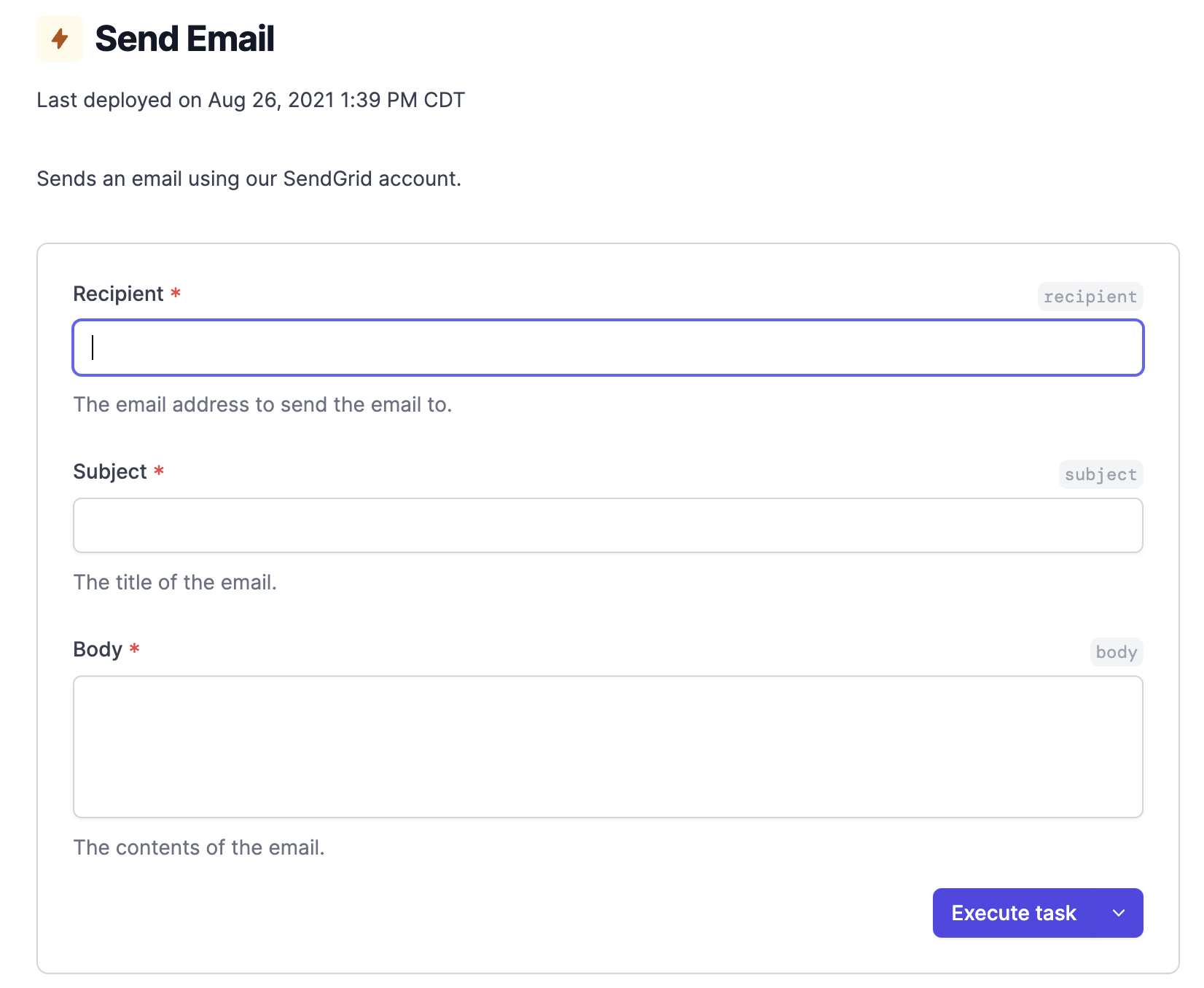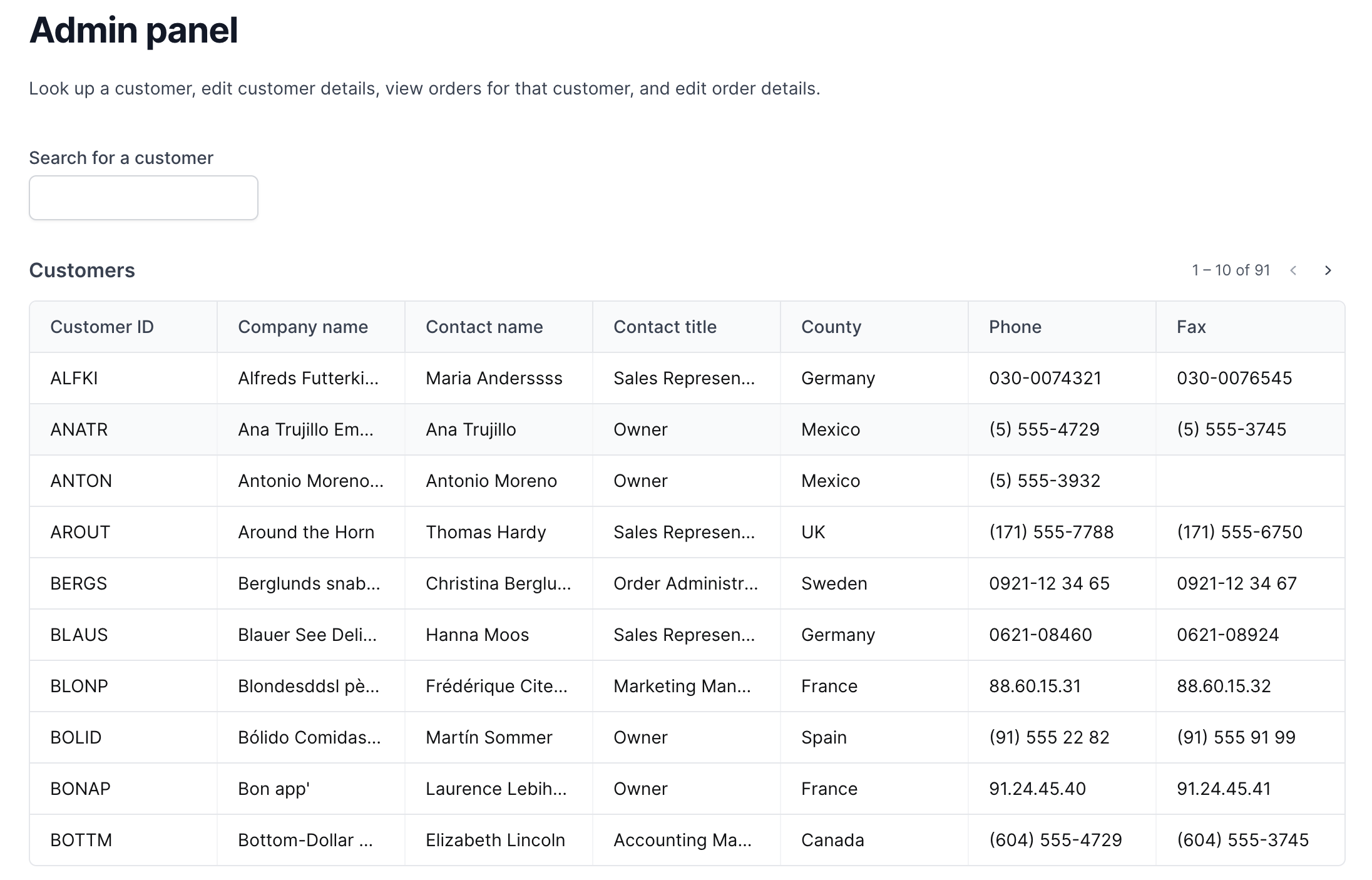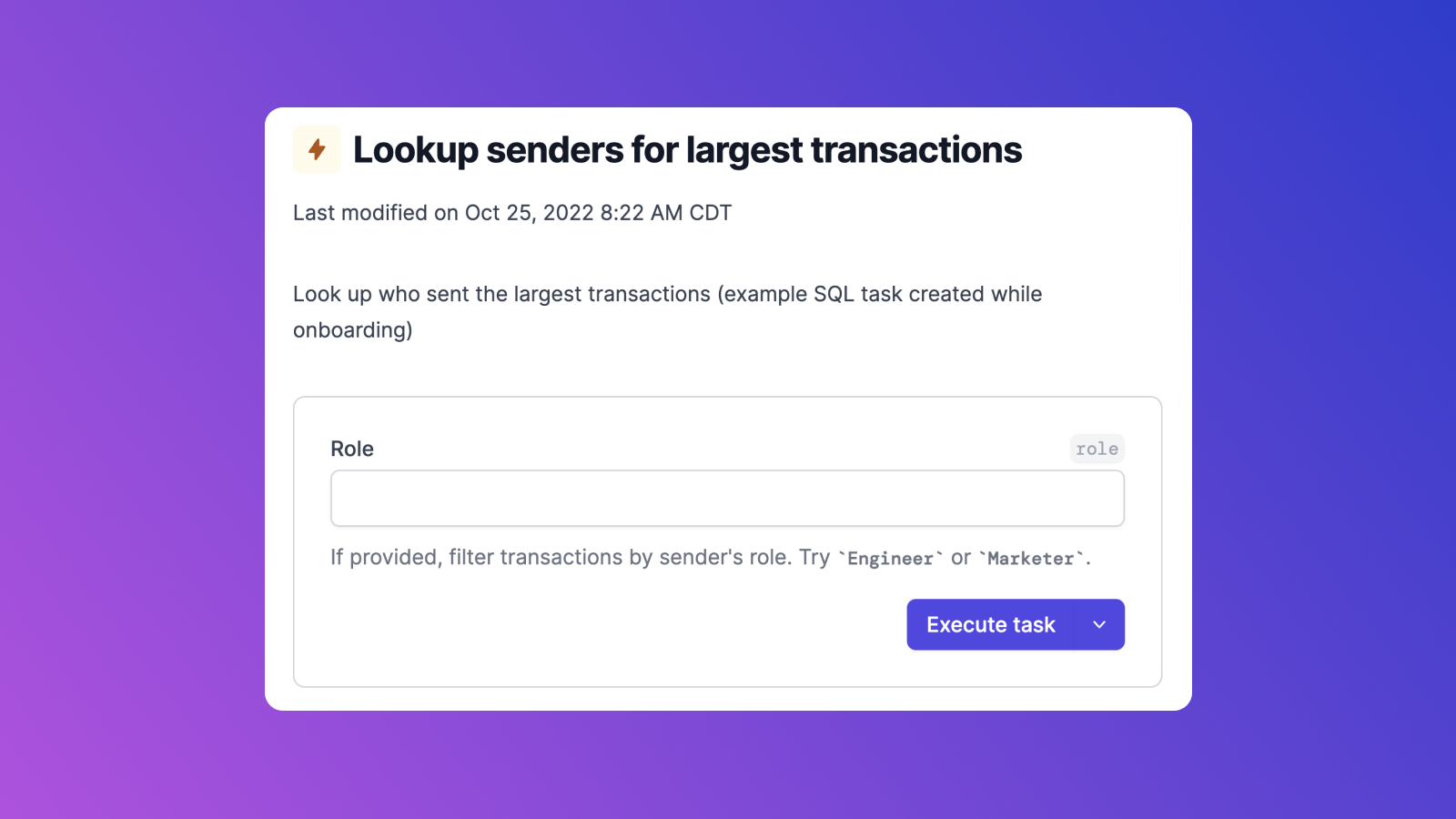Code reusability is an important feature of modern software development. As organizations have evolved, code reusability has become more popular. Engineering teams are utilizing code reusability to make their development processes more efficient and easier.
Code reusability is the ability to reuse parts of code and existing components from either an external source or a current internal project to create new software or improve existing software. The external source could be open-source software or proprietary code, while the internal project could be an engineer's own code.
From a technical and business perspective, code reuse is extremely valuable. It helps minimize development time and effort by expediting the code creation process and reducing the time needed to create new features. Because of these efficiencies, development costs are lower and technical debt is mitigated. However, while code reuse is often a goal in software engineering, achieving an effective code reuse strategy can be complicated. It may require more time and resource investments up front to ensure the correct documentation and processes are in place for engineers to reuse code effectively.
External platforms simplify these tedious strategies and make it easy for organizations to reuse code efficiently. Airplane is a developer platform for creating custom internal tools. With Airplane, engineers can transform scripts, queries, and more into powerful and reusable operations that anyone in their organization can use.
In this article, we’ll cover the benefits of code reusability in more detail, and how Airplane helps developers reuse code efficiently and easily.
Benefits of code reusability
There are several benefits of code reusability:
- Reduced development time: Reusing code and components mean a high percentage of work has already been completed. By reusing code, engineers avoid having to write the same code from scratch multiple times, saving them significant amounts of time and effort.
- Improved code quality: Code that is reused is consistent, reliable, and maintainable. Engineers have more control over the code they are utilizing and can easily reuse it for new applications and software development processes.
- Increased flexibility: By breaking code into reusable components, developers can create flexible and modular software systems that can be easily adapted to changing requirements.
- Cost-effectiveness: Reusing code reduces development costs and allows for faster time to market for new software developments. It also makes it easier to scale and maintain the codebase across teams.
- Easier collaboration: Reusable code streamlines collaboration between engineers on various projects. They can share and reuse code between different parts of the application and maintain consistency throughout the process.
- Pre-tested, reliable code - Code that is reused has already been tested and approved for use. This means it's less likely to contain bugs and other issues and is highly reliable and easier to test.
Airplane makes it easy to reuse code
Airplane is a developer platform that allows engineers to transform scripts, queries, APIs, and more into powerful tasks and UIs within minutes. The basic building blocks of Airplane are tasks, which are single business operations or multi-step functions that anyone can use. In addition to tasks, Airplane provides views, which allow users to quickly build custom UIs within minutes.
Airplane's code-first approach makes it flexible for users to customize their internal tools easily and integrate the code into their codebase. It also makes it efficient for developers to reuse code for new operations and functions.
Airplane Tasks for code reusability
Airplane makes it easy to build tasks with code. Airplane Tasks can be created using a simple SQL query, custom Python, custom JavaScript, and more. With Airplane Tasks, users can reuse scripts and workflows available in their repositories to build new operations. This makes it easy and efficient to create new tasks and developers save time and resources by repurposing code.
Airplane Tasks enable users to reuse code via task templates, which allow them to implement repeatable sections of code and inherent system components. This minimizes the time spent on writing new code. Users can utilize language libraries, a wide array of plugins, and dependencies to create complex tasks. The provided scripts of code can be reused and guarantee optimal fault tolerance and compatibility with most hardware. Airplane Tasks also allow users to easily orchestrate multi-step tasks by combining several scripts and individual tasks. Combining these operations enables users to automate repetitive processes, saving time and reducing errors.
Airplane Tasks also allow users to automate the process of creating a new database and importing data into the platform, allowing engineers to create tasks quickly and efficiently. Airplane also allows users to break down complex tasks into smaller, reusable tasks, improving the reuse capability, readability, and maintainability of code.

Airplane Tasks alleviate development overhead by supporting code reusability for various use cases. The platform's code reusability features allow users to ensure code consistency through task templates and code libraries, and share code among team members while maintaining version control to make collaboration easier.
To learn more about Tasks, check out our blog for content such as replacing complex SQL queries with simple tasks, organizing Python scripts into tasks, and more.
Airplane Views for code reusability
Airplane Views allows users to create custom UIs, dashboards, and admin panels. The platform is React-based and users can efficiently build custom UI experiences. Views integrates deeply with other Airplane features, like tasks, and developers can reuse existing code to customize specific dashboards.
Because views is made up of React apps, users can fully customize UIs using the extensive library of pre-built, reusable React components. These components include items such as textarea, slider, date picker, checkbox, and more. Users can also create custom, reusable components using third-party libraries and styling strategies. It's also easy to share code between various views by exporting and importing components.
Views allows users to call tasks and external APIs. This means that engineers can reuse existing code to restructure their front-end applications. Additionally, users can choose from several methods to fetch this data and can plug in existing tasks that match the feature requirements of the current application.

Airplane Views' React-based nature makes it easy for users to reuse components and code for their various UI and dashboard use cases. This allows users to efficiently create complex UIs and dashboards and share code between UIs easily and securely.
To learn more about building UIs efficiently, check out our blog for content such as React JS Tutorial, building an admin dashboard using ngx-admin in Angular, AdminLTE tutorial, and more.
Conclusion
Code reusability is a valuable addition to the software development cycle. It reduces development time, improves code quality, increases flexibility, and lowers overall costs. With a platform like Airplane, implementing code reusability is easy and efficient.
Airplane makes it simple for developers to transform existing code into robust tasks and string together multiple tasks to create powerful, multi-step workflows. Airplane Views enables users to create custom and complex UIs using React-based components and share components among their UIs. Airplane reduces development overhead and saves engineers time and resources by allowing for easy code reuse. In addition to code reusability, Airplane has strong, out-of-the-box defaults, such as approval flows, permissions settings, and task scheduling, that make it easy to build and execute internal operations.
To try it out yourself and reuse code to create robust operations more quickly, sign up for a free account today or book a demo.



